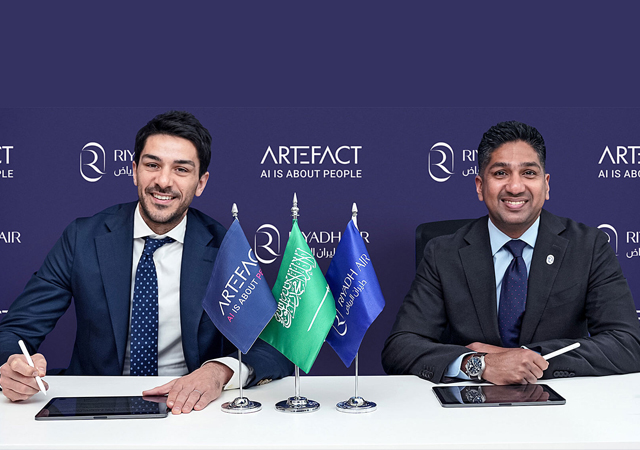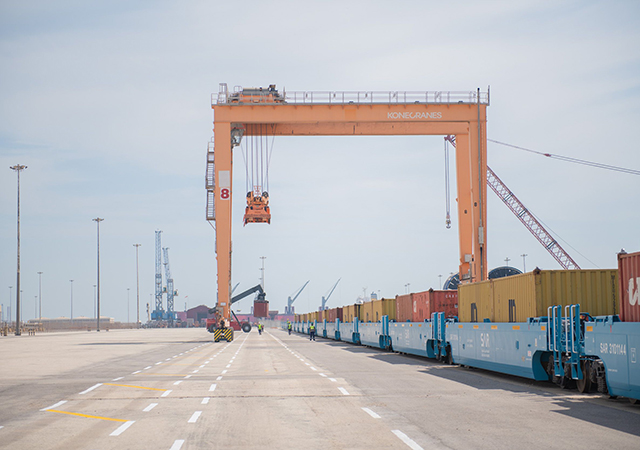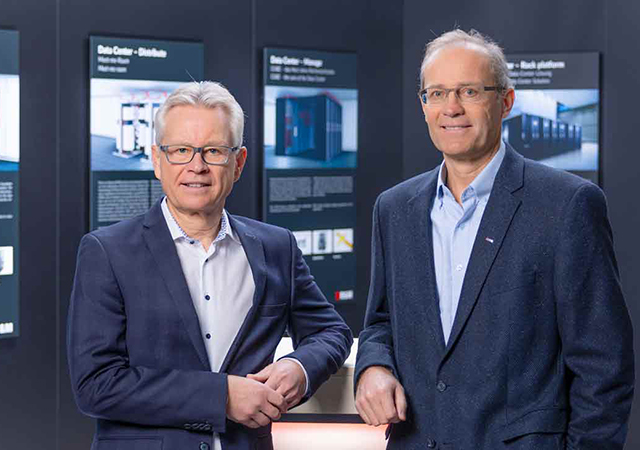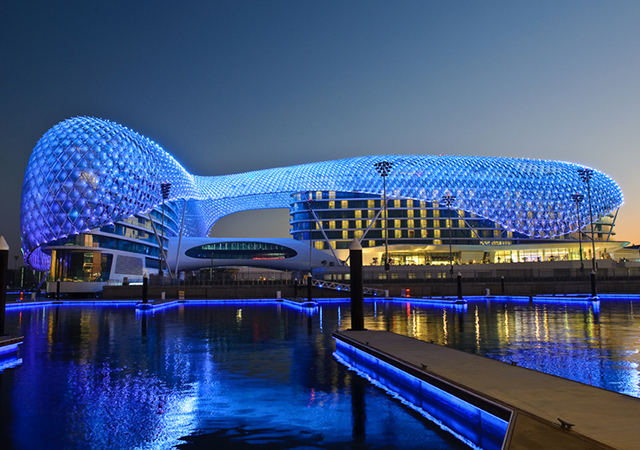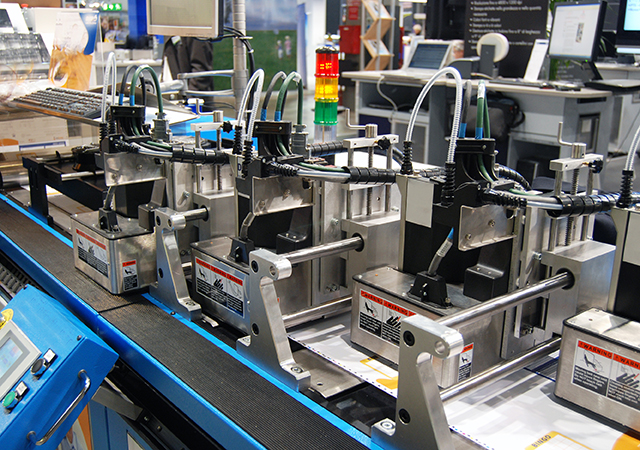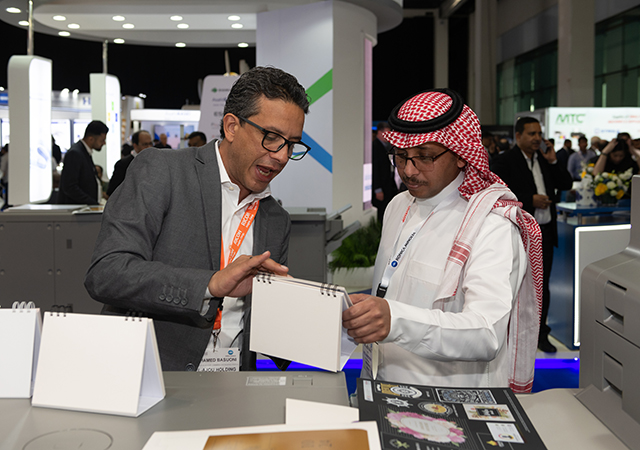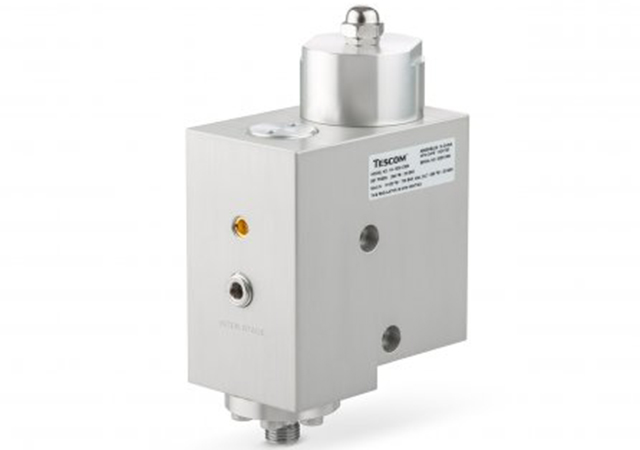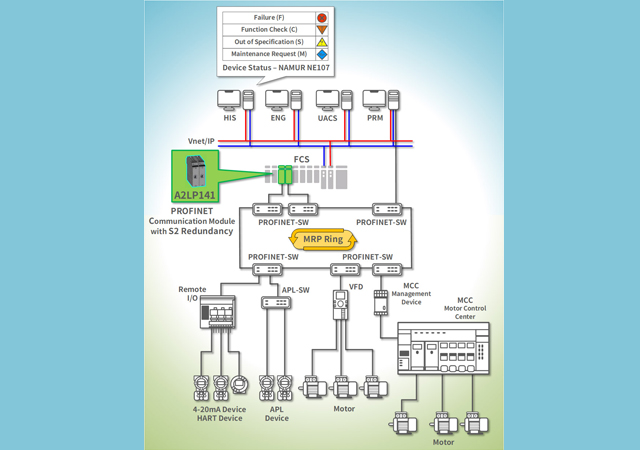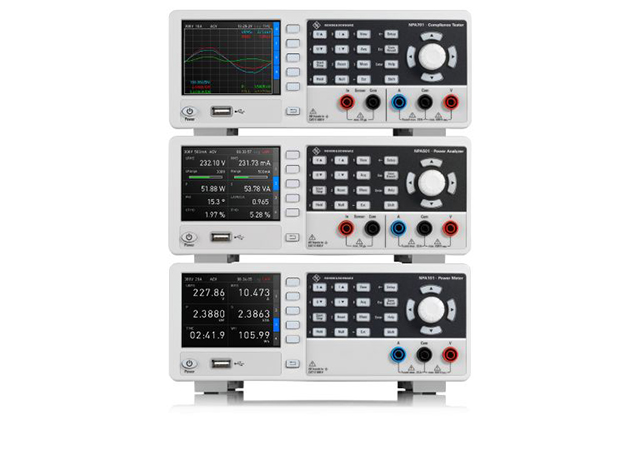

Global trade continues robust recovery: WTO
The World Trade Organisation (QTO) said that global merchandise trade is continuing its robust recovery from the shock of the pandemic according to its Goods Trade Barometer, which hit a record high in its latest reading on August 18.
The Goods Trade Barometer is a composite leading indicator providing real-time information on the trajectory of merchandise trade relative to recent trends ahead of conventional trade volume statistics. The latest barometer reading of 110.4 is the highest on record since the indicator was first released in July 2016, and up more than 20 points year-on-year.
The rise in the barometer reflects both the strength of current trade expansion and the depth of the pandemic-induced shock in 2020. It is notable that, while still well above trend, the index has started to rise at a decreasing rate, which could presage a peaking of upward momentum in trade.
All of the barometer’s component indices were above trend in the latest month, illustrating the broad-based nature of the recovery. Indices for air freight (114.0), container shipping (110.8) and raw materials (104.7) in particular continued to rise, signalling faster than average trade growth.
The automotive products index (106.6) also rose despite the fact that car production and sales fell in July in some countries due to a shortage of semiconductors (the rise can be explained by smoothing of the underlying data). This shortage is also reflected in a small decline in the electronic components index (112.4).
The rise in the air freight index reflects a rebound in air transport due to the easing pandemic-related travel restrictions in some (mainly developed) countries. The index could turn down again suddenly if the spread of Covid-19 variants forces the re-imposition of restrictions.
Bahrain-origin exports soar 62 per cent to $862m
The value of Bahrain’s exports of national origin increased by 62 per cent to BD327 million ($862 million) during July2021, compared to BD202 million for the same month of the previous year, said the Information & eGovernment Authority (iGA).
The top 10 countries in terms of the value of exports of national origin purchased from Bahrain accounted for 75 per cent of the total value, with the remaining countries accounting for 25 per cent, added iGA’s foreign trade report of July 2021.
The Kingdom of Saudi Arabia ranked first among countries receiving Bahraini exports of national origin, importing BD75 million from Bahrain. Meanwhile, the US was second with BD54 million and Egypt third with BD29 million.
Unwrought aluminium alloyed emerged as the top products exported during July 2021 with BD97 million, agglomerated iron ores and concentrates was second with a value of BD67 million and third semi-finished iron and steel with BD18 million.
The total value of re-exports increased by 45 per cent to reach BD60 million during July2021, compared toBD41 million for the same month of the previous year. The top 10 countries accounted for 87 per cent of the re-exported value, while the remaining countries accounted for the 13 per cent. TheKingdom of Saudi Arabia ranked first with BD25 million, UAE second with BD11 million, and the Singapore third with BD6 million.
Portable digital automatic data processing machines the top product re-exported from Bahrain with BD9 million, Parts for use with telephone came in second place with BD7 million, and parts for aircraft engines came third with BD6 million.
The trade balance, difference between exports and imports, the value of the deficit of the trade balance reached BD31 million during July of 2021 versus BD135 million for the same month of the previous year with a decrease of 77 per cent.
The value of imports increased by 10 per cent, reaching BD418 million during July 2021 compared to BD378 million for the same month of the previous year. The top 10 countries accounted for 71 per cent of the value of imports, with the remaining countries accounting for 29 per cent.
According to the report, Brazil ranked first when it came to imports to Bahrain, with a total of BD59 million, China was second with BD50 million; and the UAE was third with BD31 million.
Non-agglomerated iron ores and concentrates emerged as the top product imported into Bahrain with a total value of BD67 million, while aluminium oxide was second with BD26 million, and four-wheel drive cars third with BD17 million.
Manufacturing SMEs positive about growth
About 74 per cent of SMEs in construction and manufacturing across MEA are optimistic about the next 12 months, a report said, noting that the sectors had the best forecasts, with 76 per cent of SMEs projecting revenues that will either grow or hold steady.
Half (50 per cent) are projecting an increase, added the inaugural Mastercard Middle East and Africa (MEA) SME Confidence Index.Confidence levels were highest among businesses in retail, closely followed by food, beverage and entertainment.
As many regional economies gradually enter the normalization and growth phase, and social restrictions continue to ease, small and medium sized businesses in the MEA region’s construction and manufacturing sector have identified upskilling staff (56 per cent), easier access to credit (56 per cent) and better data and insights (52 per cent), as the top drivers for growth. This highlights the opportunities for small businesses that arise from both internal transformation as well as industry regulations and trends.
Making sure that SMEs have all the support they need to go digital and grow digital is a key focus for Mastercard. The company works closely with the government, financial organizations and the wider business community to create opportunities for the small business sector.For many small businesses, reducing their dependence on cash through digital payments acceptance, has played a major factor in being able to get paid and maintain revenues.
Saudi smart elevator market set for solid growth
Saudi Arabia’s smart elevator market has shown promising growth in the historical years until 2019 and is expected to continue its performance over the next five years, according to TechSci Research, a global management consulting firm.
The sector owes its growth to key factors like rapidly evolving technologies that are implemented for the consumer’s easier and comfortable lives.
The market is bound to experience the intended growth on the account of increasing disposable income of the population of the country and keep supporting the market growth untill 2026.
“Factors like demands for reducing energy consumptions and rising geriatric population along with their demands for development of better and efficient infrastructure is supporting the tentative growth of the Saudi Arabia smart elevator market in the upcoming five years,” remarked Karan Chechi, the research director with TechSci Research.


